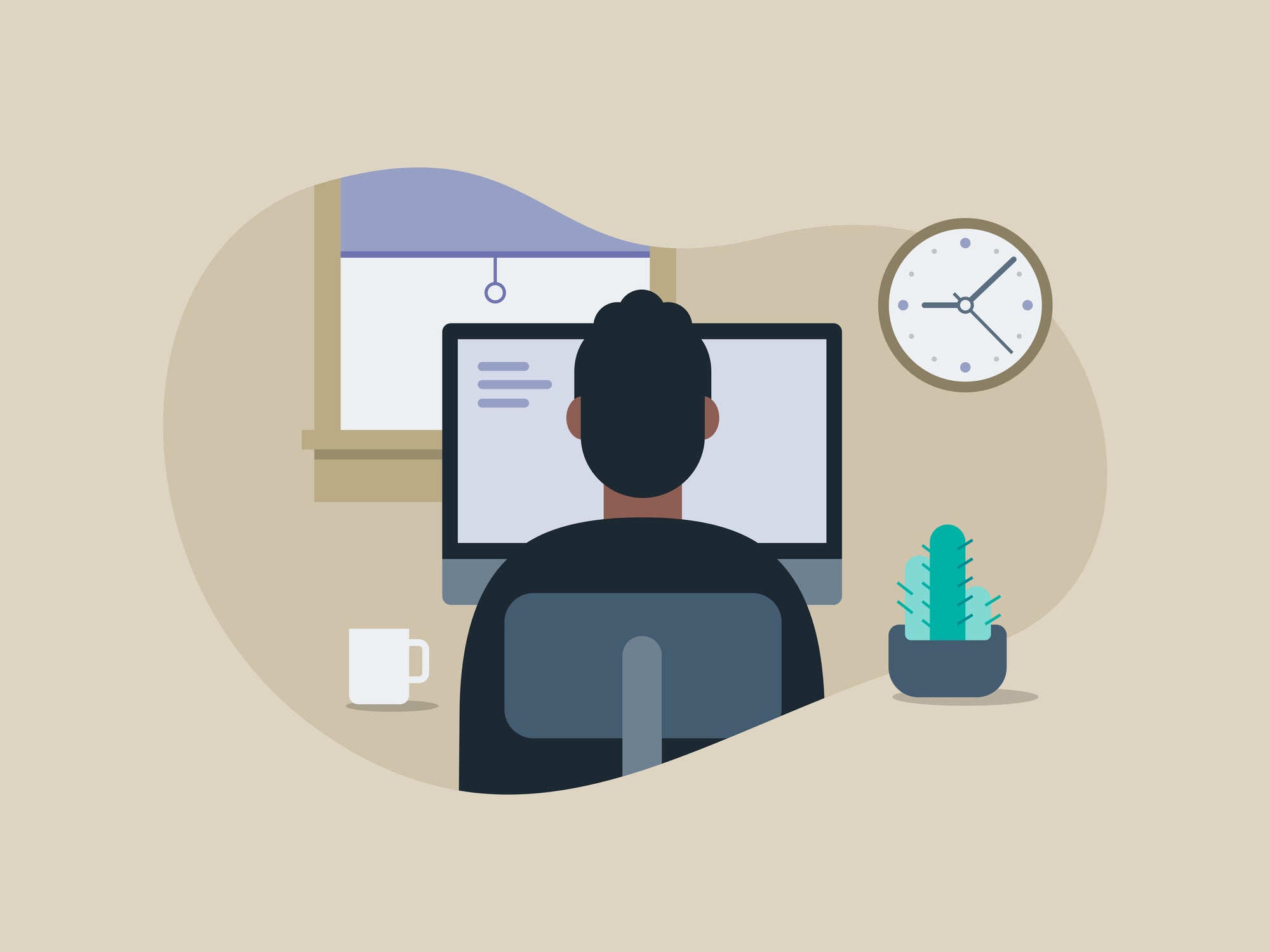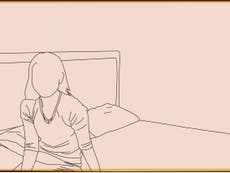Working from home may be coming to an end, but is that really a good thing?
Depending on where you sit in a company, WFH is either a good or a bad thing, either you like the money that’s saved or you miss mentoring and socialising, so what do we do, asks Chris Blackhurst


My lawyer friend pulled a face. Working from home is ending, his staff are going back to the office, things will get back to normal. So why the slightly glum expression?
First, he’d got used to being around the house, not having to get up at the crack of dawn and head to the station. He’d seen more of his wife and children these past lockdowns. He did not have to wear a suit, shirt and tie – he could get away with jogging bottoms and a polo shirt. He was around in the evenings.
There was another reason, one he could not possibly put his name to – his firm had saved a ton of money from having everyone WFH. They weren’t paying expenses, there was no client entertaining, no travelling. They did not have to stock the communal kitchen. No one was taking taxis. They weren’t using cleaners as much. They’d managed to secure a rental holiday on some of their premises. Utility bills were also reduced. Overall, he reckoned WFH had trimmed 10 – 15 per cent off the overhead. That money had gone straight to the bottom line, he said with a smile, it had not been passed on to clients.
What’s more he said, productivity had been just as good, if not better. Sure, some employees especially the junior, younger ones, wanted, indeed needed, to be in the office. They lived in shared accommodation and they had no space at home in which to work. They also ran their social lives through the office, going for drinks and meals with colleagues. They missed that interaction.
So, while businesses are openly declaring an end to WFH and saying how they are requesting a return to the office, not everyone is so cheery. It’s not so beneficial, perhaps, as all that.
Law firms, accountants, public relations agencies and other advisory businesses… they’re claiming record years. This, despite having undergone long periods of WFH. Intriguingly, another agency boss told me they were “up 10 – 15 per cent”. That same figure. Hmmm.
When WFH first began, firms struggled to attract new clients. They were fine with existing ones but found it difficult to establish new relationships. They just weren’t meeting them; networking had collapsed to zero. Yet here they were hailing bumper figures.
What also appears to have occurred, however, is that as people became used to WFH, they did attract new clients. It was noticeable how folk were more polished on calls. The backgrounds improved; their clothes, while still more casual than in the office, looked a bit sharper, they were shaving and having their hair cut. They were more familiar with the technology; calls were not interrupted so frequently.
It’s difficult, too, to ever foresee a return in the future to full WFH. As the inquiries are held into our response to Covid, it would be useful to try and gauge just what WFH really achieved
As time went on, too, inevitably clients required servicing – they needed advice and sometimes they changed their advisers. People realised WFH was not a temporary aberration; it was longer term than that and they learned to adapt and get used to it. WFH became the new normal and firms did gain new work.
The truth as well, however, is that while WFH may not have been all that bad financially, and was in part, advantageous, it was destructive or the mental wellbeing of some workers and where ideas and creativity were concerned. While Zoom meetings became sparkier, they could never replace the spontaneous exchange, the head around the office door, the chat over the coffee machine, the trigger of seeing someone in the lift. All that, and much more, was lost.
It’s hard to mentor someone on a Zoom; difficult too, to tell if they’re okay or whether there is a problem. What laughs there were often felt forced, at a distance.
So, while those who manage the finances may have not been so downcast by WFH and some delighted in the savings being made, others were less enamoured. This, without the knock-on damage caused to all those shops and businesses that relied on full offices for their custom.
The difficulty employers face now is to determine how much leeway they should allow staff to flexi-work, to be in the office part of the week and WFH the rest. In the City, Tuesday, Wednesday and Thursday in the office has acquired favour and the unfortunate acronym of TWAT. This, though, is a repeat of what was in the past regarded as the traditional London week – Parliament and the old gentleman’s clubs were always busiest on those three days. Monday was for journeying up to town, Friday was for going home.
In time, I predict, Monday will come back, perhaps starting slower. Friday will always be a more relaxed day – it was, pre-WFH – and the working week in the office will effectively be four days.
It’s difficult, too, to ever foresee a return in the future to full WFH. As the inquiries are held into our response to Covid, it would be useful to try and gauge just what WFH really achieved. Most businesses went to great lengths to introduce social distancing, installing screens and one-way systems (and incurring expense which was wasted when WFH was ordered).
On trains, the London Underground and buses, where masks, after a shaky, sporadic beginning, were virtually universal, it is not clear what was accomplished by WFH. How many infections were actually prevented?
Never again, should be the verdict on WFH; we’re humans, generally we like, and prosper and thrive from, the company of others. That applies as much to the workplace as anywhere else – even if it does add to the overhead bill.




Join our commenting forum
Join thought-provoking conversations, follow other Independent readers and see their replies
Comments